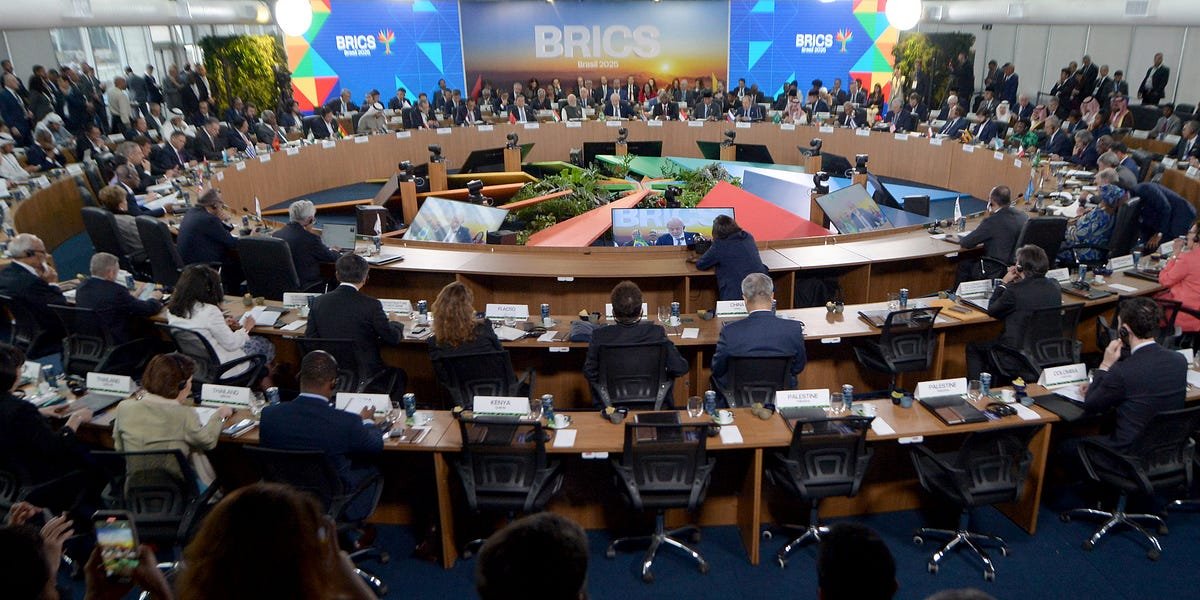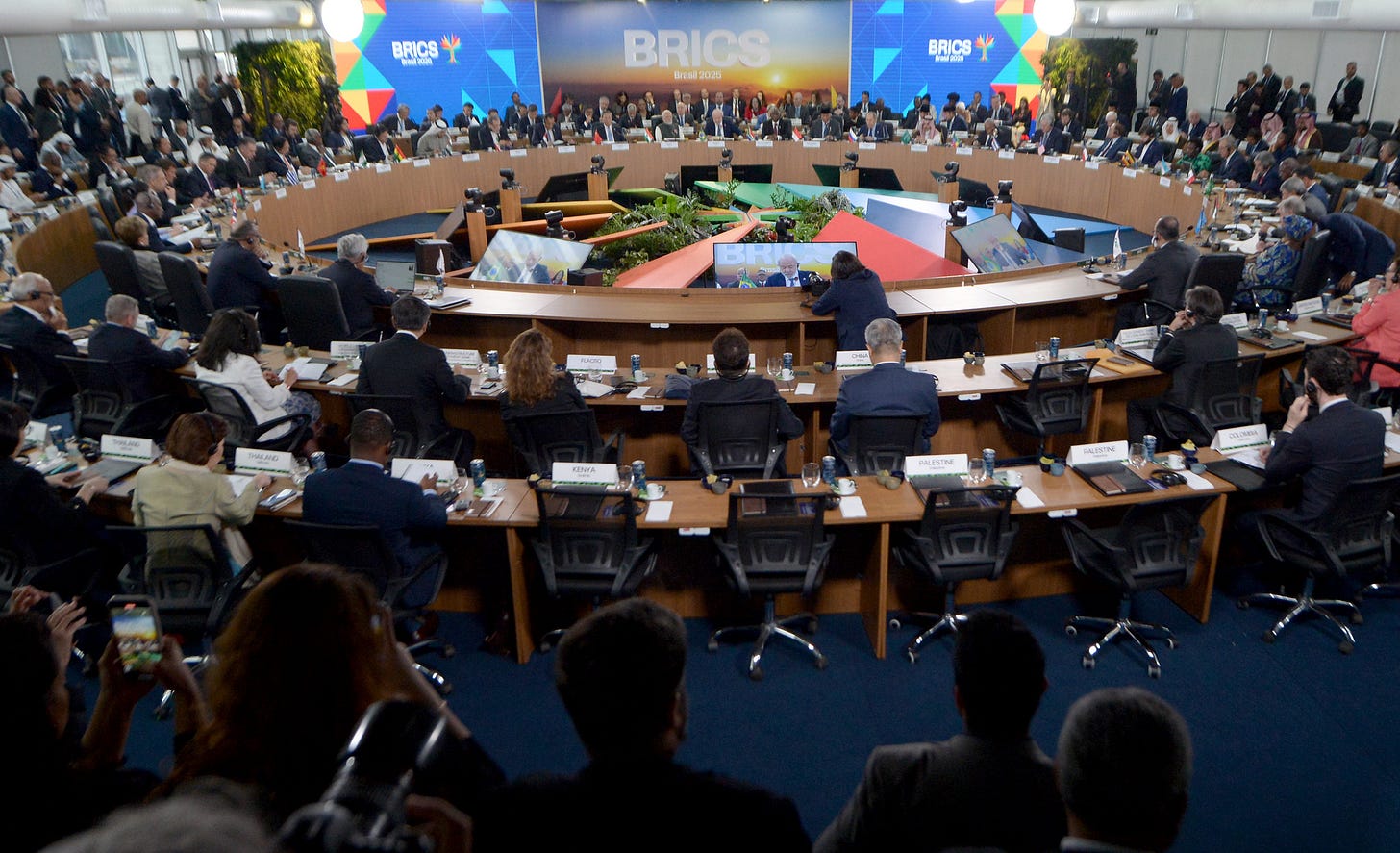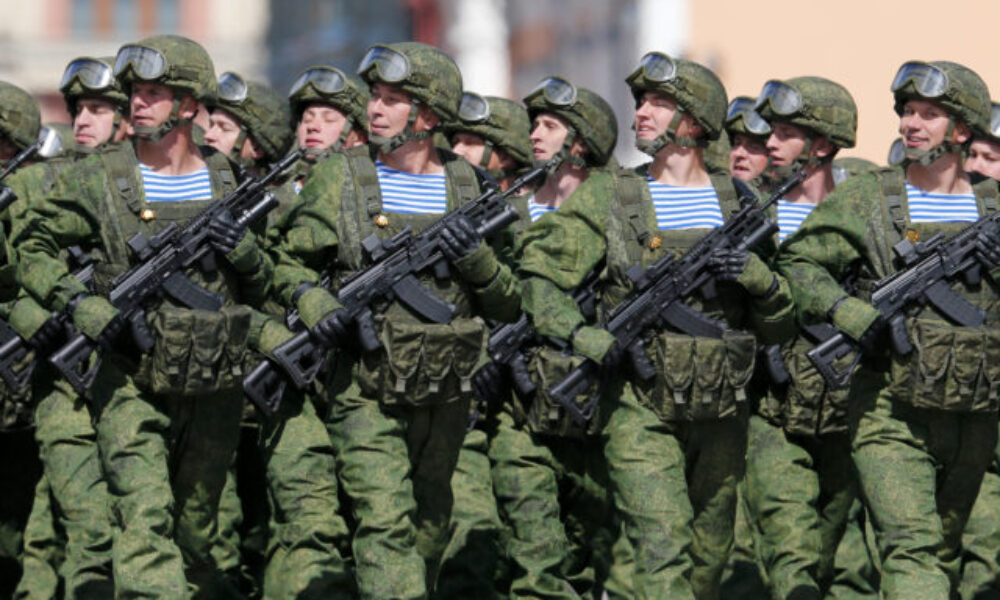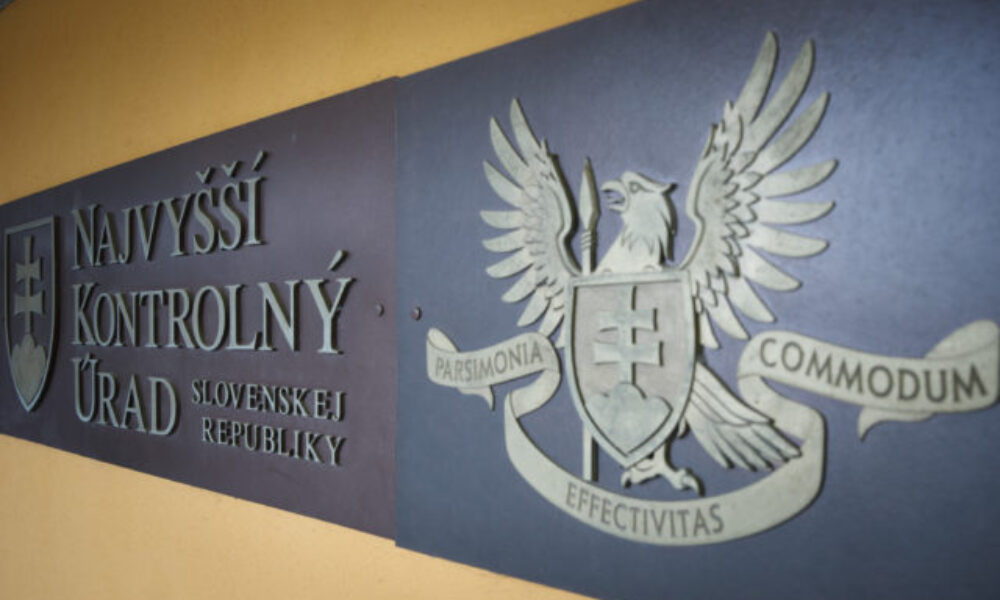

RIO DE JANEIRO – The recent 17th BRICS Summit in Rio de Janeiro underscored a pivotal shift in global governance, as the expanded bloc — now encompassing Brazil, Russia, India, China, South Africa, Egypt, Ethiopia, Iran, Saudi Arabia, the United Arab Emirates, and Indonesia — collectively articulated a bold vision for artificial intelligence (AI) and environmental sustainability. At the heart of this declaration is a commitment to creating an AI governance framework that is inclusive, representative, and rooted in the principles of sovereignty, development, and ethical responsibility, directly challenging existing power dynamics and advocating for a more balanced multilateralism.
The „BRICS Leaders’ Statement on the Global Governance of Artificial Intelligence,“ released during the summit, emphasizes that AI’s transformative potential must be harnessed to benefit all countries, especially those in the Global South. Brazilian President Luiz Inácio Lula da Silva asserted that AI development „cannot become a privilege of a few countries or a tool of manipulation in the hands of billionaires“. This sentiment resonates with the broader BRICS aim to take the lead in establishing international institutions in new fields where global governance is currently „virtually non-existent,“ such as AI and climate finance.
The BRICS leaders firmly support digital sovereignty, asserting each nation’s right to shape its AI policy and technology in line with its unique development goals and legal frameworks. This includes fostering technological autonomy, ensuring data protection, and promoting local talent. They explicitly call for AI governance to be anchored within the United Nations system to ensure inclusivity and legitimacy, while cautioning against fragmented regulatory landscapes that could deepen global inequities.
Ethical considerations are paramount within the BRICS framework. The statement highlights concerns over algorithmic bias and the insufficient representation of diverse cultures and languages in AI datasets. It advocates for ethical, transparent, and accountable AI development that reflects linguistic, cultural, racial, geographical, and demographic diversity, endorsing UNESCO’s Recommendation on the Ethics of Artificial Intelligence. Furthermore, BRICS nations stress the importance of a human-centered approach, ensuring that AI augments, rather than supplants, human capabilities, with ultimate human authority and oversight.
Beyond governance, BRICS countries are actively exploring AI’s practical applications across crucial sectors, including environmental protection. The joint statement urges that AI development must be environmentally responsible, minimizing carbon emissions and e-waste. It also emphasizes AI’s role in mitigating emissions, adapting to climate change, enhancing environmental conservation, and promoting sustainable resource management. Russia, for example, has already developed a unique technology for predicting wildfires, which integrates weather conditions, satellite data, and population density to forecast fire likelihood and spread, a solution poised for deployment across other BRICS countries with vast forests like Brazil and China.
The widespread adoption of AI is envisioned to address critical development challenges. Russian President Vladimir Putin highlighted AI’s significant role in public administration, citing Sberbank’s large language model used to process millions of public appeals for his „Direct Line,“ enabling faster and more comprehensive issue identification and response from government agencies. This „feedback tool“ is deemed „unrivalled“ and will impact public administration efficiency and the creation of integrated digital platforms across healthcare, manufacturing, transport, and tourism by 2030.
Specific national initiatives further illustrate this focus:
-
Russia: Moscow is lauded as a world leader in „intelligent“ (smart) city technologies, with AI significantly reducing crime rates, such as robberies decreasing by 10.5 times and burglaries by nearly 35 times. Russian companies like Sber, Yandex, T-Bank, MTS, and VK have made „great strides“ in neural model development, often pushed by external restrictions. The country is also focusing on corporate educational programs for IT specialists and schoolchildren.
-
China: The Shanghai government has established a $100 billion fund for investing in AI, bio-medicine, and chip manufacturing. The UNIDO Global Alliance on Artificial Intelligence for Industry’s Advanced Experience Centre is being built in Shanghai, signaling a global collaboration hub. China has also invited SCO member states to jointly build an AI application center to foster talent cultivation and industrial cooperation.
-
United Arab Emirates: Recognized for successfully creating smart cities with advanced digital infrastructure, even in areas that were desert 50 years ago. Their police have used AI to fight crime effectively.
-
India: Advocates for a digital public infrastructure, an accessible communal platform for AI-assisted education, ensuring that AI augments educators rather than replaces them. India emphasizes data sovereignty and the need for global educational standards in AI, crucial for its multi-lingual and multi-ethnic population.
-
Indonesia: Its Higher Education, Science, and Technology Minister urged BRICS to focus on integrating AI into education to create personalized learning experiences and expand access, given Indonesia’s vast education system.
-
Thailand: The Ministry of Labour is implementing policies to train workers in AI skills, protect labor rights, and expand youth employment opportunities, including a „Learn to Earn“ approach.
The BRICS nations recognize the immense potential of AI to enhance productivity and job creation, but also the risks of job displacement and exploitation. They call for policies that safeguard worker rights and ensure compatibility between AI and human capabilities. The issue of misinformation and fake content generated by AI is also a significant concern, with calls for robust tools and ethical guidelines to preserve information integrity.
To foster deeper collaboration, the International Alliance of AI National Associations and Development Institutions of the BRICS countries and other interested states was launched at Russia’s AI Journey conference. This alliance, comprising 15 associations initially, aims to address risks and promote responsible, transparent, and equitable AI development. Russia, with its „very high“ level of AI development, particularly in fundamental and applied research, is keen to share its expertise, especially its computational resources, with BRICS partners. Similarly, the planned memorandum of cooperation between Sberbank and the Shanghai Artificial Intelligence Research Institute signifies a growing bilateral technological partnership.
As BRICS countries continue to invest significantly in technological infrastructure, positioning themselves as strong competitors in semiconductor production and AI development, their collective push for fair, equitable, and inclusive AI governance represents a significant geopolitical initiative. By prioritizing shared values, addressing risks, and promoting broad international collaboration and access, BRICS aims to shape a future where the benefits of AI are truly available to all, fostering sustainable development and a multipolar world order.











